The garage door is the best choice for curb appeal when it comes to finishing the exterior of your house. In today’s home, the members of the family mostly use the garage door as a primary entrance. So to add value to your house and improve the sense of security, the appropriate garage door material and model that fits the core of the living space is extremely important.
Garage doors, made with different materials, are available in the market and each has its respective pros and cons. Keeping in view the environment and the need, the question arises, which garage door material is best suitable for you? And how to choose the best material for your garage door?
In this comprehensive guide, we will discuss some of the ways through which you can better know about the garage door materials and make the best garage door access entirely environmentally friendly. So, let’s get into it!
Table of Contents
Garage Door Features: Choosing the Best Material
You can purchase your first garage door from any Reputed Garage Door Dealer. But before making a purchase, the first and foremost thing to consider is the garage door features for any material.
- Durability: The door material must be sturdy and durable, i.e, it protects the door from moisture or insect or any other damage for the long term.
- Eco-Friendly: It should be environmentally friendly, i.e, easy to maintain and resilient, and hold up quite well in any local climate.
- Aesthetic Appeal: Must be aesthetically and visually appealing to the visitors or neighbors.
- Energy Efficiency: Insulated garage doors are more energy-efficient. But you can make every material more energy efficient by adding an extra insulation layer to it.
- Cost: Every garage door material has different installation and maintenance costs. So, you must consider your budget at the time of purchase.
Garage Door Materials Guide: Choosing the Best Option
While keeping in view the pros and cons, you must determine which door material is the best and most suitable option for your garage.
1. Steel Garage Door
Steel is considered to be the most popular material for a garage door. These doors are usually made of double-layer galvanized steels with plenty of features.
Pros
The steel garage doors are:
- Durable
- Cost-efficient, i.e, reasonable pricing & little maintenance cost
- Visually Appealing: easily customizable and painted in any texture, such as mimic wood and so on.
Cons
- Poor Insulator
- Garage doors with thin panels of 27 or 28 gauge steel are more and easily prone to damages, especially if you have a busy or commercial neighborhood.
- High-Quality Steel doors with at least 24 gauge or Commercial Steel doors will cost you very high.
- Sensitive and Subject to rust or corrosion.
2. Aluminum Garage Door
Aluminum is another good material for garage doors. It is less expensive than steel and possesses optional faux wood texturing and a long-lasting finishing.
Pros
- The Simple Lines and a Glass Panel of aluminum garage doors give the house a modern aesthetic outlook.
- Possesses additional faux wood texturing
- Due to lightweight, it helps in simplifying the installation process.
- Energy-efficient door material with effective insulation
- Suppress the factor of rusting and corrosion
Cons
- Aluminum is very light in weight and easier to dent.
- The sensitive glass panel of an aluminum door may crack easily with shattering.
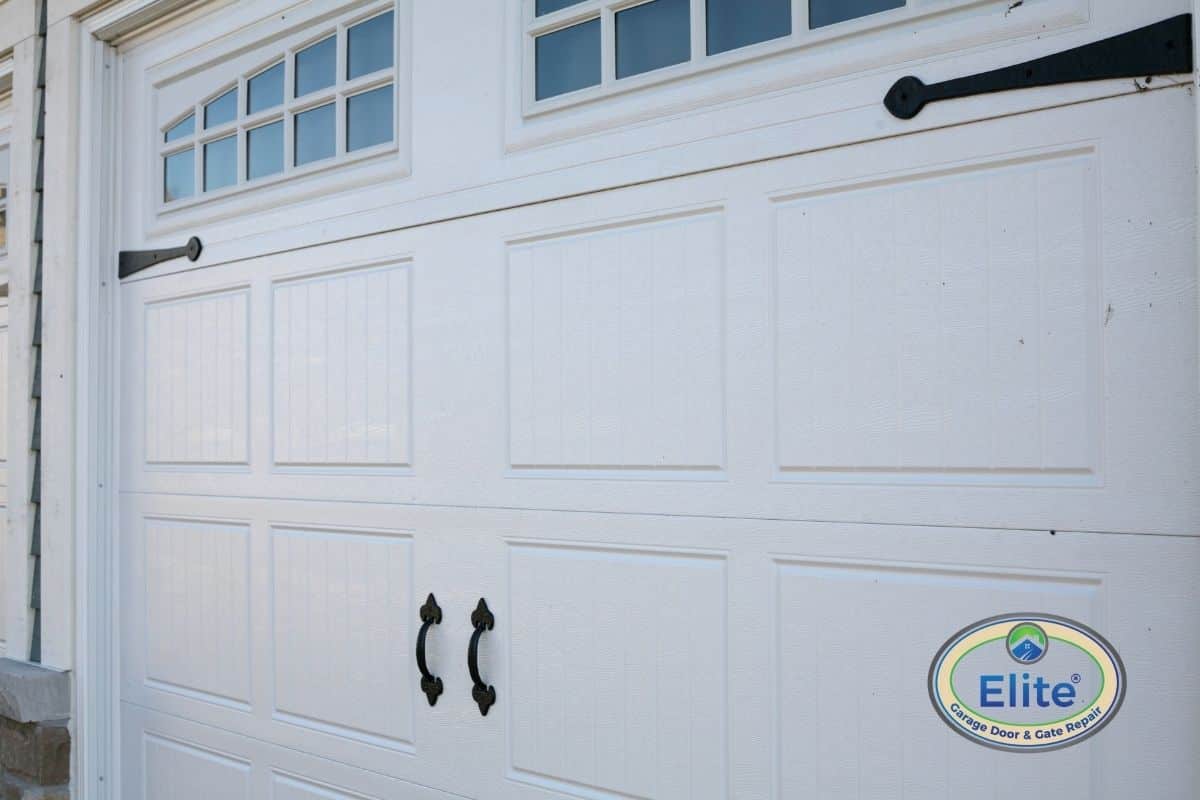
Garage Door Features: Choosing the Best Material
3. Wood Garage Door
If you are a strong believer in traditions and love the traditional styles, then a garage door made of wood material will be your option. Wood material mostly includes cedar, redwood, fir, and meranti (luan).
Pros
- Wood doors come in a variety of styles which further enhance the curb appeal of the house.
- The insulated wooden garage doors are eco-friendly garage doors with the highest inherent R-value and provide better insulation than steel.
- They are adaptable, which means you can change the affected rotted panel instead of replacing the whole garage door.
Cons
- One of the major drawbacks of a wood doors is that they are more prone to moisture damage. Also, the wood door panel may get shrink or expand in harsh weather conditions.
- These types of doors need regular maintenance and finishing to maintain the garage exterior.
- The cost of wood doors is very high as compared to other garage door materials.
4. Wood Composite Door
Wood Composite, also known as faux wood, garage doors are manufactured from recycled wood and plastic fiber. The composition involves a wood frame covered with a fiberboard sheet.
- The composite garage doors offer both affordability and durability at the same time, i.e., possess the firmness of steel with the texture of wood and acts as resistance in rotting.
5. Fiberglass Garage Door
Fiberglass garage doors have very little share in the market. The composition includes the two layers of fiberglass stuck to a steel or aluminum frame with the help of polyurethane insulation.
Pros
- Fiberglass with an aluminum frame provides better resistance to dents or cracks.
- More popular usually in coastal areas due to its great resistance from salt-water corrosion.
Cons
- Poor Insulator
- Fade in extreme climatic conditions
Credit To: Puls
Bottom Line
So, this was our brief guide on garage door materials and what to consider while making your first purchase. If you are still confused or unsure about your decision, it is a great idea to take guidance from professionals.
At the end of the day, it could be said that these garage door materials also have associated advantages and drawbacks, just like any other thing. It depends on the homeowner, how they perceive it.



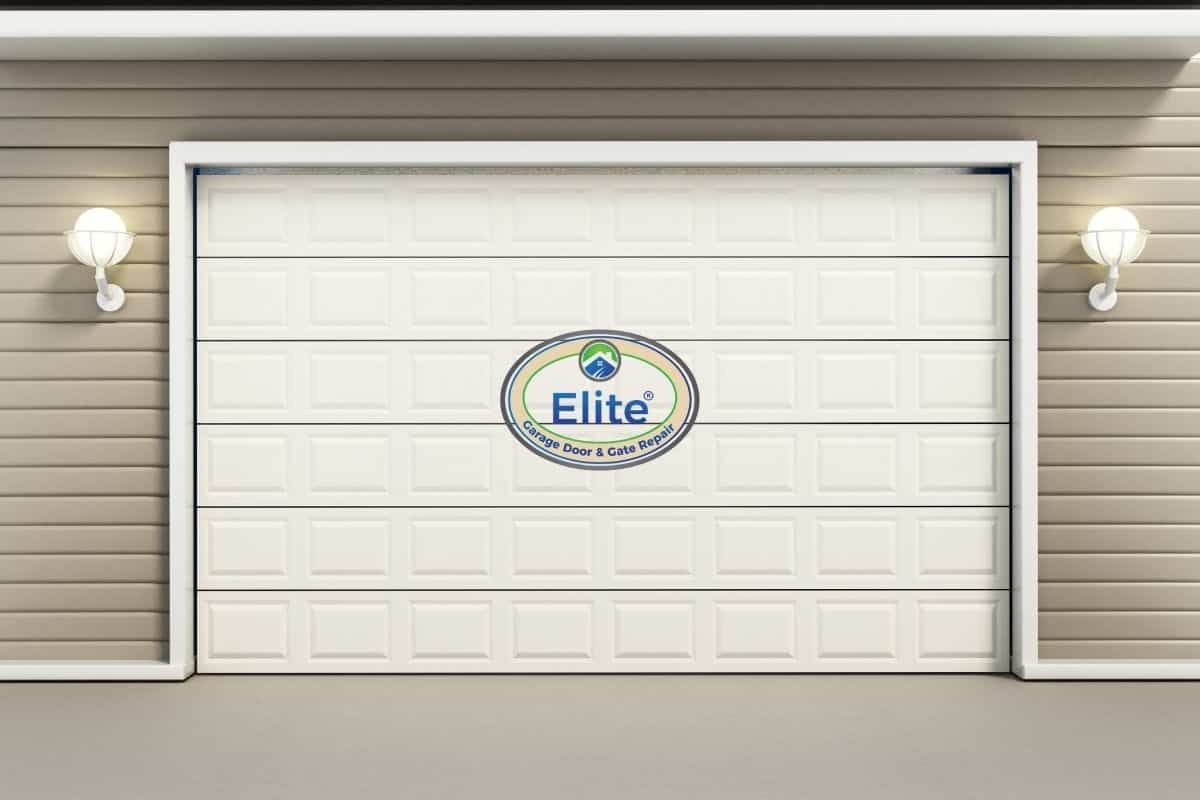
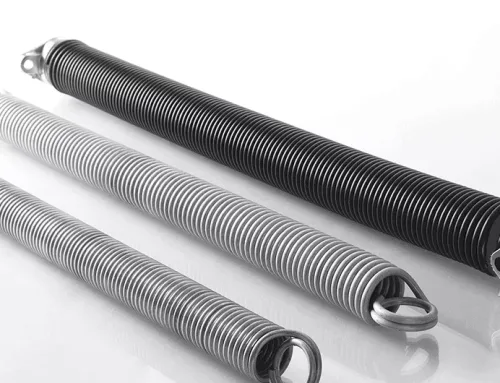

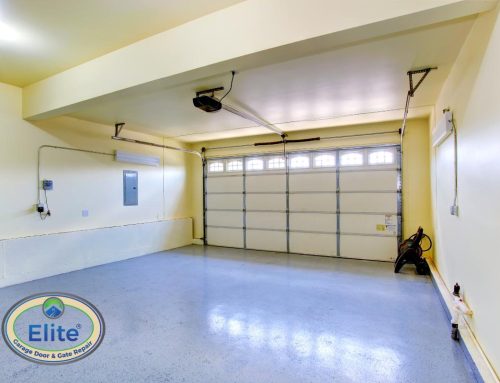

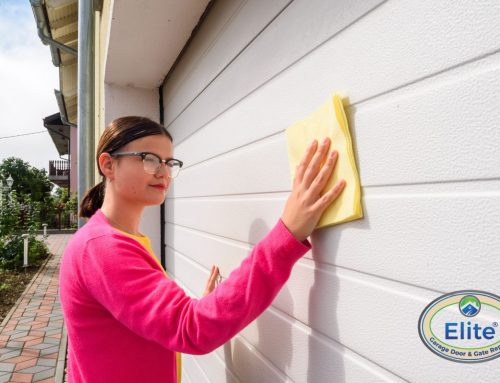

























Leave A Comment